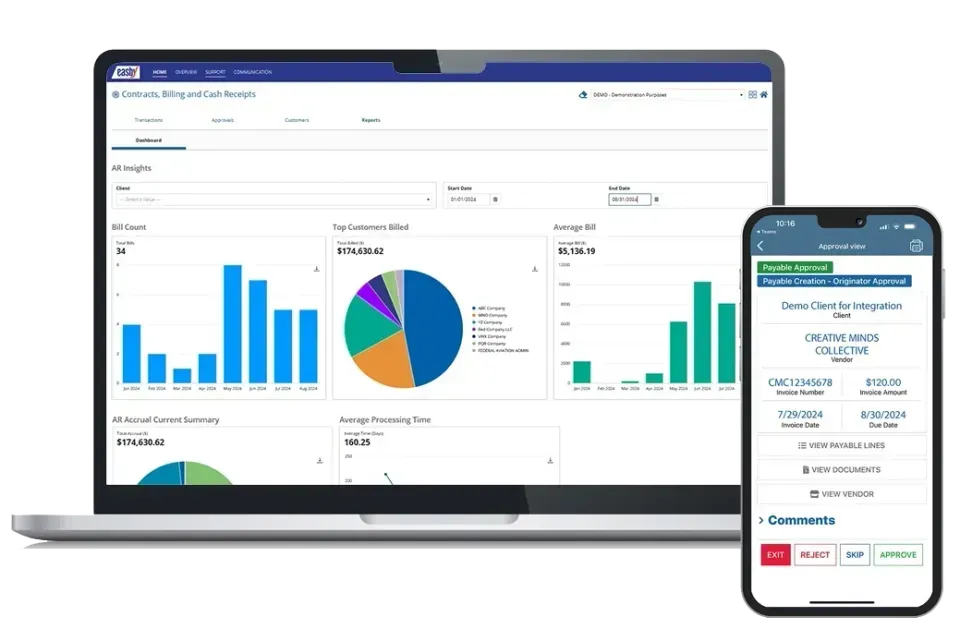Peeling Back the Layers of DCAA/GovCon Compliance
Rose Report: Issue 54

By Ted Rose, CEO, Rose Financial Solutions
Many contractors have the misconception that if they have accounting software that is DCAA/GovCon compliant, they must be compliant. However, that’s just the starting point. DCAA compliance is actually made up of three layers: software, policy, and processes.
The first layer is having the right accounting software in place. When the DCAA (or another government agency) performs a pre-award survey, its mission is to verify that a contractor has an accounting system in place that can accommodate the complexities of a cost reimbursable type contract. Government contractors have access to a number of software tools that can help them create and manage a compliant accounting system without the guesswork. Although features vary greatly between products, government contractors should search for a software solution that includes a contract administration module, can generate task and billing reports, supports incurred cost submissions, and aids in indirect rate computation. The type of product you select will be determined by your company’s size and growth rate, as well as the complexity and quantity of contracts you now have—or plan to pursue.
Regardless of the software solution you choose, it’s critical to recognize that technology has limitations and that DCAA/GovCon compliance will always require human intervention. That’s why the second layer of DCAA/GovCon compliance entails establishing company-wide policies, which should be detailed in a manual and instruct employees on how to carry out their duties in compliance with the contract requirements. Contract administration is sometimes forgotten; it’s critical that a corporation installs software that records data in line with the contract’s requirements.
The third layer involves employing standardized methods to implement policies in an acceptable and efficient manner. All contractors should have procedures in place to record time and billing according to contract requirements. For cost-type contracts, an annual reconciliation of provisional to actual rates should be part of the billing process. Internal controls and reviews must be implemented as well. A manager’s approval of billings and time is essential. If a mistake is discovered, managers must not only correct the error, but also return to the source of the error to ensure that the underlying miscommunication is remedied.
In addition to implementing the three layers of DCAA/GovCon compliance, it’s a good idea to conduct an internal review towards the end of the year to check that your operations are running smoothly. Larger organizations may employ an outside consultant to do the audit, while smaller businesses may conduct it internally. Any modifications made as a result of the review should be updated in the policy handbook. Keep in mind that the requirements related to DCAA/GovCon compliance expand as an organization matures and grows.
Schedule an introductory virtual meeting to learn more about RFS’ GovCon services.
This content is for information purposes only and should not be considered legal, accounting or tax advice, or a substitute for obtaining such advice specific to your business.
Share this article:
Visit Us On:



